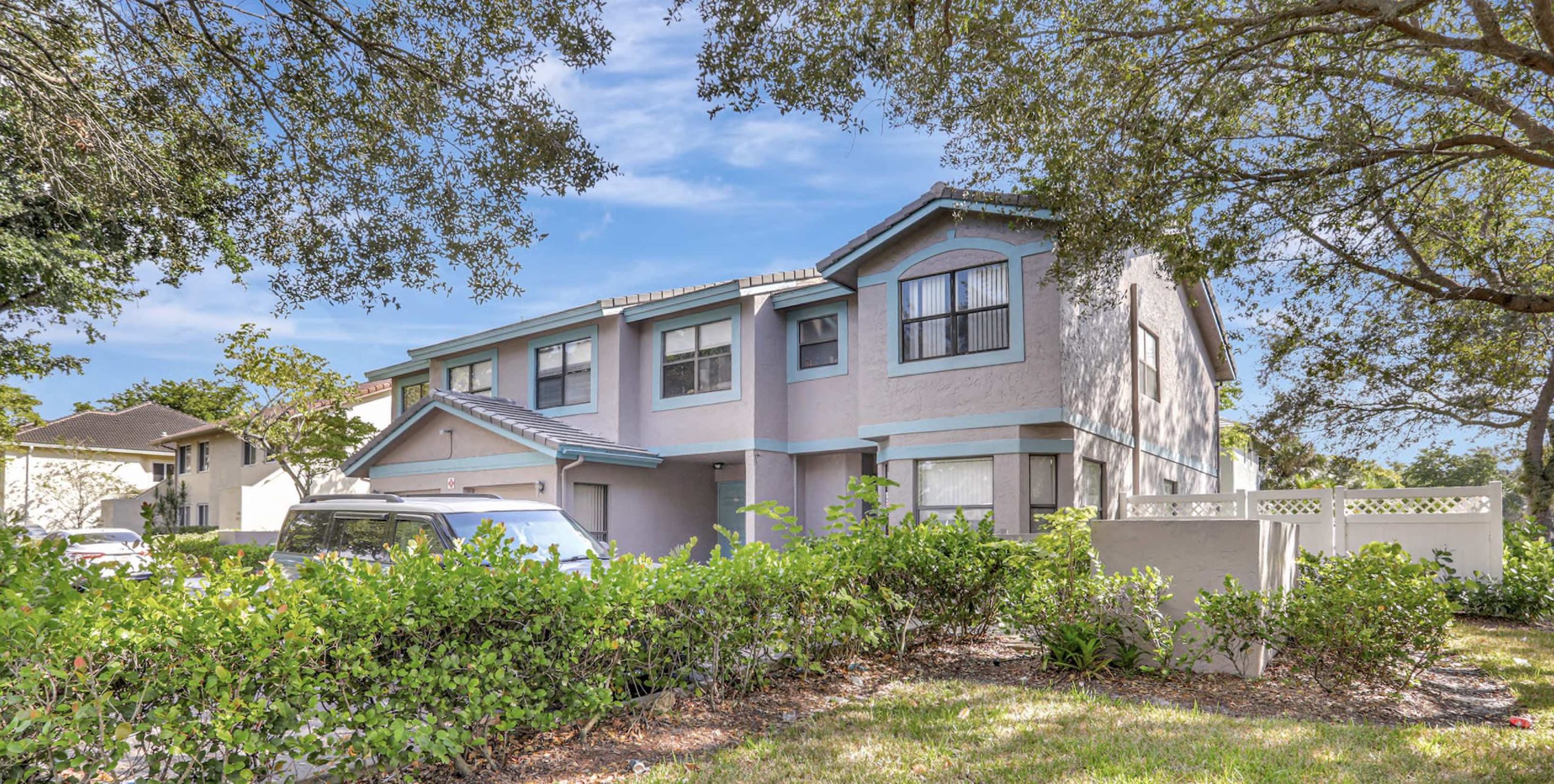The Sylvia Brafman Mental Health Center in South Florida specializes in treating adults with various mental health disorders, including depression, anxiety, and bipolar disorder. We offer housing options for out-of-state patients traveling for our comprehensive in-house rehabilitation services. Continue reading for details on how to pay for residential mental health treatment in South Florida.

How to Pay for Inpatient Residential Mental Health Treatment in South Florida
What is a Residential Mental Health Treatment Facility?
A residential mental health treatment facility is a place where you or someone you care about can receive intensive, 24/7 care for significant mental health issues. These facilities offer a structured, supportive environment, helping you manage and improve your mental health. When you stay at such a facility, you’ll typically receive a combination of therapies, medication management, and holistic treatments.
The goal of inpatient rehabilitation programs is to provide you with a safe space to stabilize your mental health, learn effective coping strategies, and work toward recovery. During your stay, you’ll benefit from a personalized treatment plan created by a multidisciplinary team of mental health professionals, including psychiatrists, psychologists, and social workers. These experts work together to address your unique mental health needs comprehensively. The immersive nature of live-in treatment centers ensures you receive continuous care and support, essential for making significant progress in your mental health journey. Participating in residential recovery programs allows you to focus entirely on your recovery in a nurturing and therapeutic environment.

Private Residential Treatment in South Florida That Offers Payment Options
At The Sylvia Brafman Mental Health Center, we understand the crucial need for accessible mental health treatment. That’s why we offer flexible payment plans for our residential treatment in South Florida. We believe that financial constraints should never prevent anyone from getting the help they need and are dedicated to working with you to find a budget-friendly financial solution.
Our recovery residences foster a supportive, therapeutic community that promotes full-time recovery and healing. If you’re considering residential treatment for eating disorders, depression, or another mental health condition and need information on paying for rehab without insurance, call 877-958-9212. Our patient advocates are here to assist you in accessing the care you deserve and will guide you through our fee structure and payment process with compassion and understanding.
- The Sylvia Brafman Mental Health Center: 7710 NW 71ST CT, Tamarac, Florida, 33321

Are you ready to take the first step towards better mental health? At The Sylvia Brafman Mental Health Treatment Center in Fort Lauderdale, Florida, our team of dedicated professionals is ready to guide you. We offer a variety of therapy programs and rehab treatments, each uniquely designed to meet your needs. Our success stories speak volumes about our expertise and dedication. So don’t wait, reach out to us today! Either give us a call or fill out the form below to request a callback.
"*" indicates required fields

Does Insurance Pay for Residential Mental Health Disorder Treatment?
The good news is that many insurance plans offer this type of care coverage. However, it often depends on your specific policy and the details of your mental health needs. Typically, insurance providers include benefits for various levels of treatment, including residential substance abuse programs and extended mental health treatment.
Coverage can vary widely, so it’s crucial to review your policy or contact us to understand what is included. We can provide details about coverage limits, out-of-pocket costs, and any required prior authorization. Don’t lose hope if your insurance doesn’t fully cover residential treatment. Many treatment facilities, including The Sylvia Brafman Mental Health Center, offer alternative financing for rehab, including affordable monthly rehab payment plans. It’s worth discussing your situation with our patient advocates, who have experience navigating insurance complexities and can assist you in exploring all the ways to cover rehab costs. Investing in your mental health is vital to your overall well-being, and resources are available to help you access the care you need.

Ways To Pay for Residential Treatment If You Don’t Have Insurance
If you don’t have insurance coverage, there are several avenues you can explore for funding addiction treatment or residential mental health treatment. From sliding scale fees to community resources and employee assistance programs, there are multiple solutions for how to pay for residential care. Below, we’ve outlined a few of these. Call 877-958-9212 for further details.

How To Get into a Residential Inpatient Mental Health Program
Starting a residential inpatient mental health program involves several steps, and efficiently navigating the process is crucial. Knowing how to pay for residential treatment centers can make accessing these services more manageable. Here are some key initial steps to get you started:

How Much Does Residential Treatment for Mental Health Cost Without Insurance?
Residential treatment costs can vary widely depending on factors such as location and facility amenities. On average, you can expect costs to range from several thousand to tens of thousands of dollars monthly. Basic residential programs may start at around $5,000 to $10,000 per month, while more comprehensive, luxury programs with specialized therapies and amenities could exceed $30,000 or more.
Research and compare different facilities to understand what’s included in their pricing, such as therapy sessions, accommodations, meals, and additional services. Some facilities may offer financial assistance, sliding scale fees, or rehab payment plans to help make treatment more affordable. Contacting treatment centers directly to discuss pricing options and any available discounts or assistance programs can provide clarity and help you make informed decisions about your care.
Lowering the Cost of Your Mental Health Treatment
Exploring alternative options to residential care, such as Intensive Outpatient Programs (IOP) and Partial Hospitalization Programs (PHP), can lower the cost of mental health treatment. These programs offer structured therapy and support while allowing individuals to return home each day, which can significantly reduce overall expenses compared to residential treatment.
At The Sylvia Brafman Mental Health Center, we specialize in offering these lower-cost treatment options without compromising on quality or effectiveness. Our patient advocates are dedicated to working with you or your loved one to assess specific needs and develop personalized treatment plans that fit your budget and goals. Whether you’re considering residential treatment or exploring IOP and PHP options, we encourage you to contact us at 877-958-9212 to discuss your treatment needs confidentially.



